Skin is the human body's largest organ: the average adult carries about eight pounds (3.6 kilograms) and 22 square feet (two square meters) of it. Our skin acts as a waterproof insulating shield, guarding the body against temperature extremes, damaging sunlight, and harmful chemicals.
Like all other body organs, our skin is largely composed of water. Although skin has its own natural mechanisms to maintain correct hydration levels and protect against external elements, it's very easy for skin moisture levels to drop. When you drink enough water, however, the cells in every part of your body, including your skin, are hydrated via your blood as it circulates through your body. Then, impurities and toxins are flushed away at the cellular level.
Wembley Clinic notes that climatic conditions — think heat, dryness, pollution, and air conditioning — and lifestyle habits (including poor nutrition and alcohol or tobacco use) can all have detrimental effects on the skin's natural defenses. Sunshine, high temperatures, and increased perspiration all add to the risk of skin moisture loss.
10 Good Reasons to Stay Well Hydrated
- Your skin will look more plump and supple. Dehydrated skin isn't a pretty sight: it can be dry, itchy, and dull looking. Your complexion may appear to be uneven and fine lines more noticeable. Healthy hydration produces supple skin (skin that is bouncy to the touch).
- Your face will look less puffy. When your face looks puffy, your skin is retaining water to protect you from dehydration. Staying hydrated can reduce swelling and puffiness in your face.
- Your skin will look less dull and more healthy. Dull skin is the result of both a buildup of dead skin cells and a lack of hydration. The outermost layer of our skin, the epidermis, consists mainly of cells made from keratin, a tough protein. These keratinocytes form layers that constantly grow outward as the exterior cells die and flake off. It takes about five weeks for newly created cells to work their way to the surface. Adequate hydration helps your skin slough off those dead skin cells more effectively.
- Your skin can become less oily. Dehydrated skin signals the sebaceous glands (the oil secreting glands in your body) to produce more oil to defend the skin. Healthy hydration can prevent your skin from becoming too oily.
- Your skin's tone (color) will be more consistent. Drinking enough water helps your body flush out toxins while increasing blood flow to your skin, helping to maintain an even skin tone.
- Your acne may be less aggravated. Some people with acne experience a worsening of the condition when their skin is oily. If the oiliness has been prompted by dehydrated skin (and the situation is exacerbated by drying topical products commonly used to control acne) adequate hydration may help reduce clogged pores and the angriness of the outbreak.
- Your skin will be less itchy, irritated or even cracked. Improved hydration can provide relief to people with sensitive skin conditions or general discomfort caused by dehydrated skin.
- Your skin will look younger, longer. Adequate hydration helps increase your skin's elasticity to delay sagging and the premature appearance of fine lines and wrinkles.
- Your skin will heal more quickly. If you're sunburned, for example, extra hydration can hasten the healing process.
- Makeup adheres better. Rather than refreshing your makeup every few hours, increase your hydration levels to prevent your sebaceous glands from sending oil to defend your face from the makeup, making it streak, discolor, or disappear.
Dehydrated skin vs. dry skin
Dehydrated skin is sometimes discussed synonymously with dry skin. However, these are two different phenomena, says Healthline. Dehydrated skin is a condition in which the skin lacks water, while dry skin (a skin type) lacks natural sebaceous oils. Skin types are classified as normal, dry, combination, and oily. Dry skin usually needs help with added hydration via a hydrating lotion and an emollient that protects from further moisture loss.
Hydration vs. moisturization
There is a fundamental difference between hydration and moisturization: hydrators pull in water to increase your skin's moisture content, while moisturizers protect and lubricate the skin. If your skin is already dry, you have to hydrate before you can moisturize.
Routine natural activities can have a drying effect on your skin. Even steamy showers can dry you out: when the water evaporates, it can take away more than just the moisture on the skin's surface. If you're experiencing dry skin, remember to both hydrate and moisturize your skin after showering. The hot water has opened up your pores, making them more receptive to a hydrating lotion. Then the moisturizer works to lock hydration into the cells.
How much water should you drink for glowing skin?
The recommended amount of water that you should be drinking daily, according to Skinkraft, is 3.7 liters (about 16 cups) for men and 2.7 liters (about 11 cups) of water for women. (These numbers include any beverages, fruits, and vegetables you drink with high water content.) Research suggests that drinking the recommended amount of water will keep your skin well-hydrated and supple.
HidrateSpark reminds you to hydrate
Most of us have a love-hate relationship with our skin. Some days it's perfect, glowing, and flawless. Other days may find us covering acne and blemishes with bandages or concealer.
A simple key to consistently great skin is to drink as much water as your body needs — every day. Staying hydrated will keep your tissue, bones, and vital organs functioning at peak performance, and your skin will show it.
The lineup of HidrateSpark smart water bottles will help you stay hydrated. When paired with the HidrateSpark App you can easily keep track of how much you drink, set daily and weekly goals and get reminders throughout the day to drink. You’ll get a friendly glow when it’s time to take a drink. Stay hydrated and keep your skin glowing all year with help from the world’s smartest water bottle. Check out the wide variety of HidrateSpark PRO, TAP and LEGACY smart water bottles.
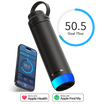

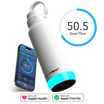
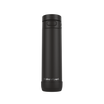
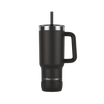
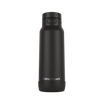
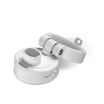
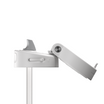
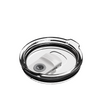
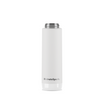
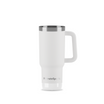
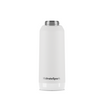
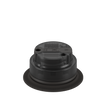
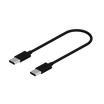

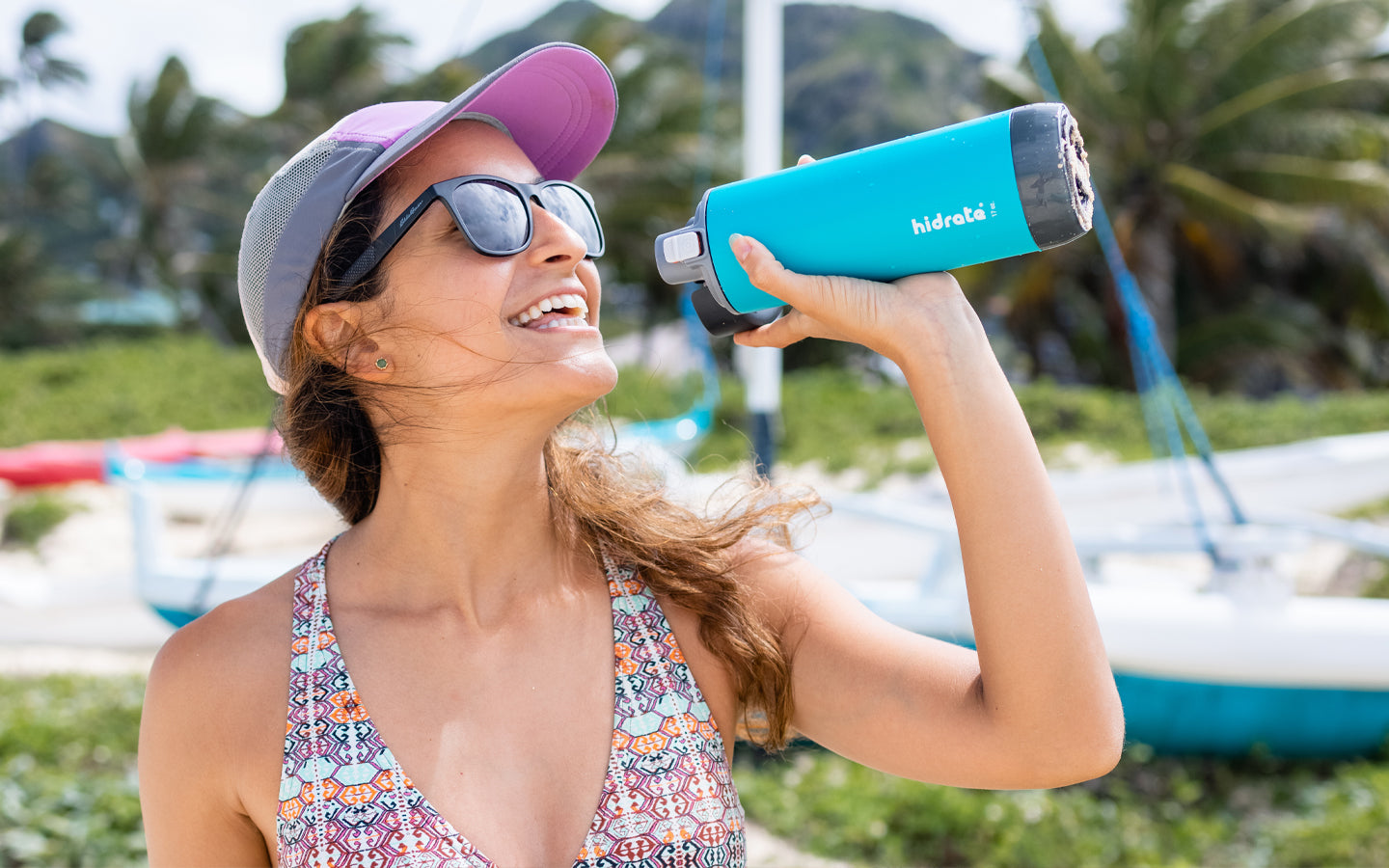

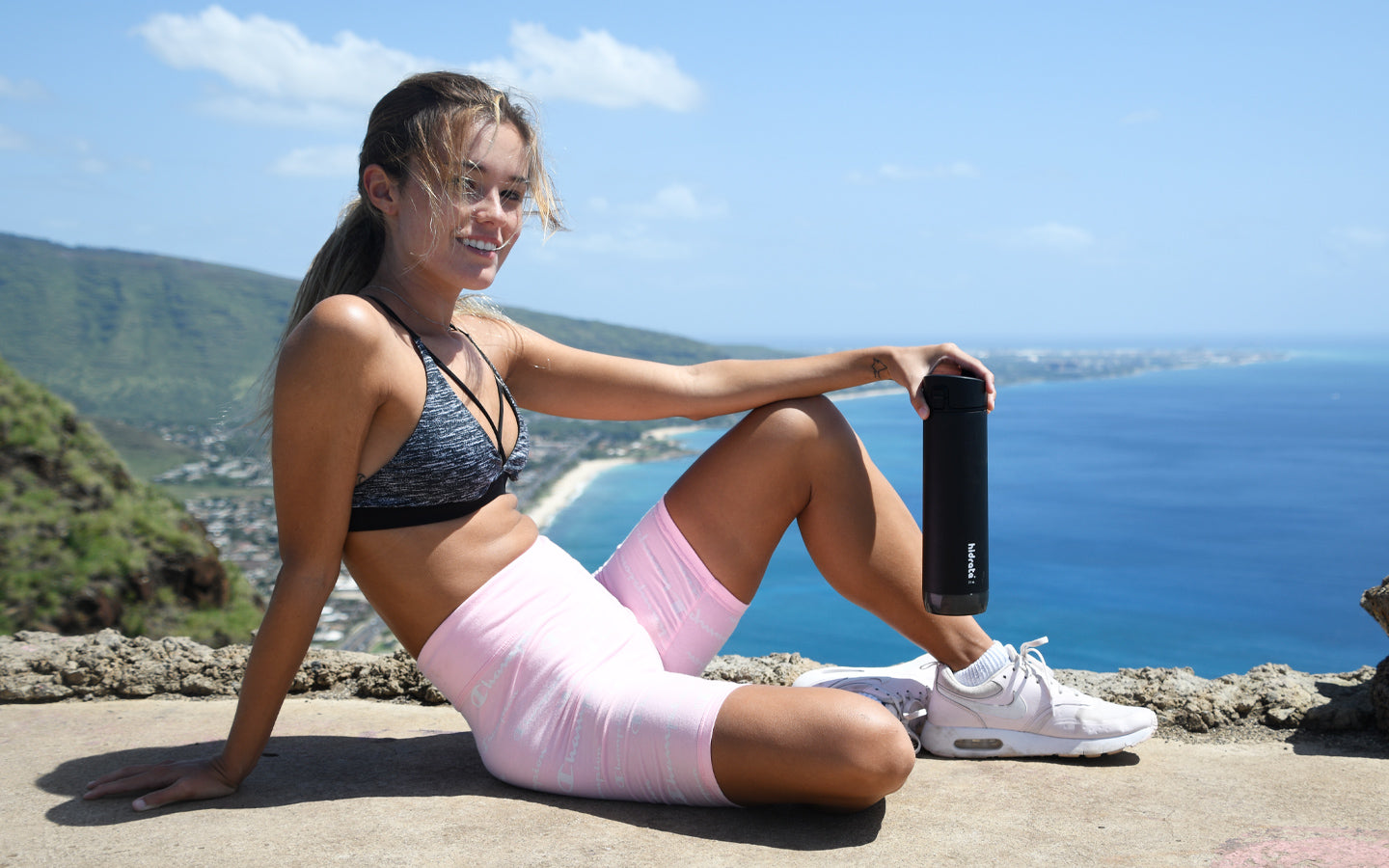
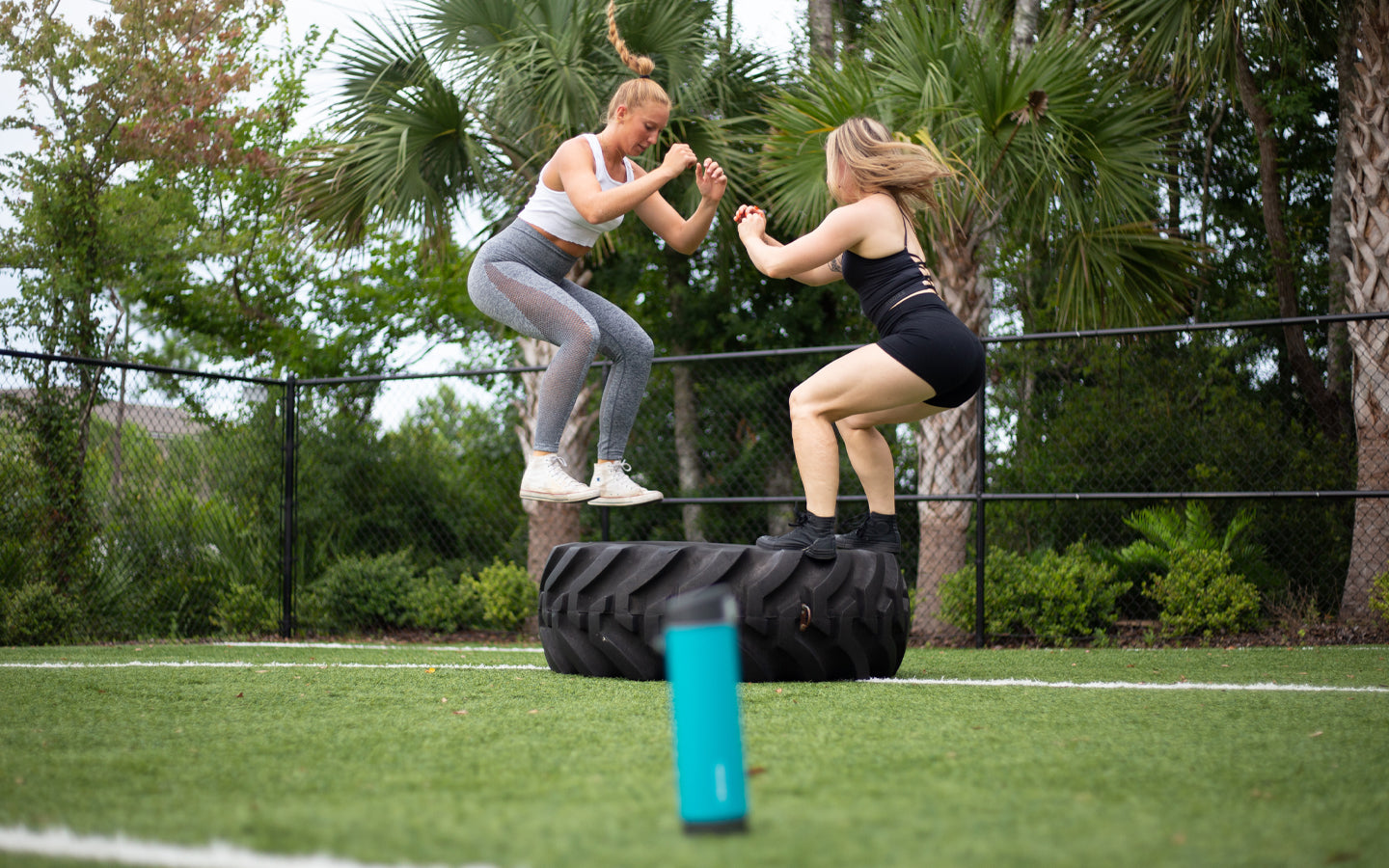
Leave a comment
This site is protected by hCaptcha and the hCaptcha Privacy Policy and Terms of Service apply.